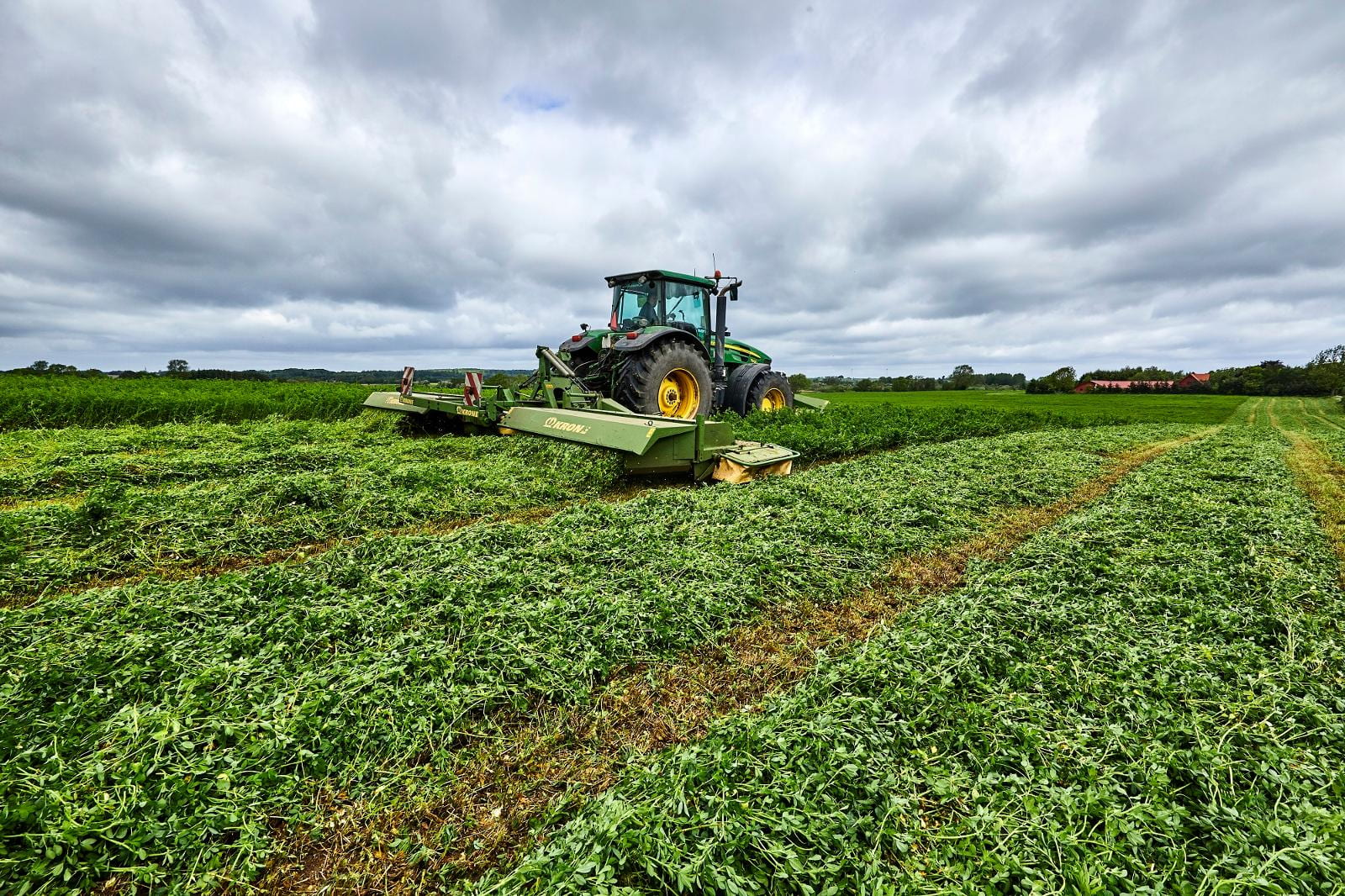
Dear Course Participants,
Thank you for registering for the Soil Health Virtual Certificate Course. We are about one month away from the start of the course, and we already have a large number of registrants from many places around the world. At this time, we welcome you and are providing some information that will help you prepare for the course. (Don’t worry; if you haven’t registered yet, there is still time! Register here.)
Course Format
The registration website contains the course outline and a listing of the instructors and speakers. We will further update the schedule in the next weeks. The course consists of self-study, lectures, office hours (and discussions), and an optional small project. Most of the learning will occur through self-study, and the lectures will supplement the readings and include a few special topics and case studies. The lectures will be held in the mornings of December 6, 8, and 10 from 8 AM to 12 PM Eastern Standard Time (New York time, or GMT-5). This time is most suitable for a global audience, although we recognize that it may be very late or early for a few. We will record the lectures so you can review them later if you miss them.
We use the Canvas course management platform, and we will add your names to it. As indicated in an earlier communication by Joseph Amsili, some of you may need to supply an alternative email address for access. The lectures and office hours will be conducted using Zoom. If you have not used it before, we suggest that you familiarize yourself with it and make sure that you take a few minutes to download the app.
Readings
As mentioned, much of the learning will occur through self-study. We encourage you to get a head start on the readings by obtaining some of the publications. The most important readings will involve the handbook Building Soils for Better Crops, 4th edition (2021). Over the past two decades this publication has served as an introduction to soil health for many professionals and students. The most recent edition was published just a few months ago, and it contains the latest information related to the topic. You can download the book for free in electronic format (PDF) here, allowing you to do the readings on a computer, tablet, or phone, as you prefer. You can also order a paper copy from the publisher (don’t wait if you do), but they are only shipped within the United States. So for foreign participants, electronic readings are the best option.
A second important reading involves the manual Comprehensive Assessment of Soil Health – The Cornell Framework. Again, it can be electronically downloaded for free here, and paper copies can be mailed to US participants. There will be additional readings, as well as optional information for further enrichment or future resources. They will be made available through the Canvas course management site, and we will indicate which are required vs. optional readings. There will also be some videos to review through the Canvas site. But, again, if you make good progress with the above publications, it will lighten your load in early December.
Quizzes and Project
You will be receiving a certificate upon successful completion of the course. To pass the course, you are asked to complete three quizzes. They are designed to evaluate whether participants have learned the materials in the readings and lectures. The quizzes are in open-book format but timed, thereby testing whether you have prepared. If you have done the readings and lectures, you should have no problem passing the quizzes. We aim for maximum flexibility to accommodate your professional time schedules and designed all assignments to help you successfully complete the course.
For those interested, we designed a small project involving case studies where you, acting as a hypothetical consultant, are asked to interpret soil health information and develop a management plan for a farmer client. The final product is a five-minute pitch deck recorded in PowerPoint, which is uploaded as a video to the Canvas site. You will have several days to complete this task, and participants are welcome to partner with others in the course. Those who submit the optional project report will receive feedback from the course instructors and obtain special notification on the certificate of completion.
Office Hours and Discussions
On the days when we don’t have lectures scheduled (i.e., December 7, 9, and 13), we will hold office hours where the instructors/presenters of the previous lectures will be available for discussion and answering your questions. (Note: questions may also be posed during lectures through Chat). Attending these office hours is optional, but it is an excellent opportunity to interact with the course instructors. Hopefully, we will have some stimulating discussions during those sessions!
Final Comments
We will make more information available on the Canvas site, and you can also check for updates at soilhealthtraining.org. Hopefully, the above information will help you get ready for the course, and notably, we recommend that you start reading Building Soils for Better Crops and the CASH manual.
We are delighted that you decided to participate in the course and look forward to next month!
Harold van Es and Joseph Amsili
